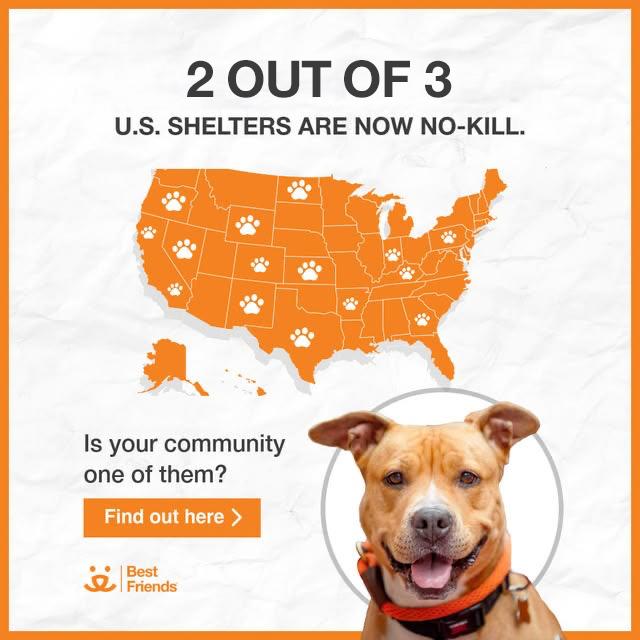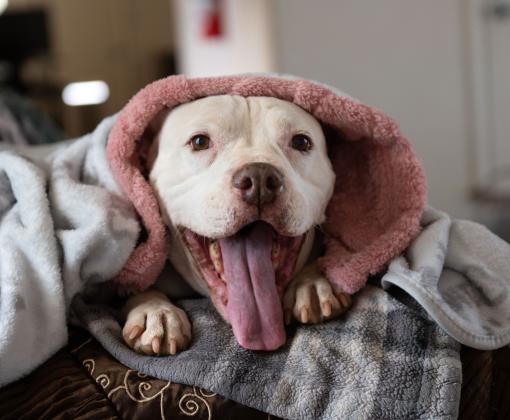
How to Find a Dog Trainer: 5 Questions to Ask
If you need help encouraging desirable behaviors in your dog and discouraging unwanted ones, it’s time to find a dog trainer. Dog trainers teach people and their dogs basic cues and skills, including house-training and crate training. And they help correct behaviors like problematic barking, chewing, digging, jumping up on people, and pulling on lead.
The trainers at Best Friends have found that dog training built on a positive relationship is the kindest and most effective method. When you have a good relationship with the dog, you have the animal’s trust, and they want to spend time with you and work with you.
Anyone can claim to be a trainer. So if you’re looking to find a dog trainer, be sure to ask the following questions.
How were you trained?
Look for someone who has had life experience — someone who has been around animals and not just taken classes. Ask about formal training, but keep in mind that many good trainers are self-taught through experience. Also, the best trainers keep themselves well-informed about new training methods and theories.

See how your community is doing
What training methods do you use?
Find a dog trainer who uses relationship-based dog training methods — someone who will give you and your pet a positive experience. Be sure to ask about LIMA (least intrusive, minimally aversive), and don’t be afraid to ask for specific techniques they use. If they are unable to answer or skirt around the question, then it’s best to move on to someone else.
How much experience do you have?
Experience is important but not necessarily a determining factor of skill. Be sure to ask questions about what their experience is in specific areas, such as crate training, on-leash reactivity, excessive barking, etc. You’ll want to make sure your trainer is able to work on your dog’s specific concerns.
Are you certified?
There are different certifications for dog trainers, all with varying degrees of work needed to get them. Certifications to look for are CCPDT, CPDT, IAABC, and KPA.
Can I contact a few of your customers?
Often the most helpful information comes from those who have used the services of the dog trainer you are interested in. If possible, visit during one of the trainer’s sessions to see the style, techniques, and tools being used. If the trainer does anything that you are uncomfortable with, keep looking.
While you’re talking to the trainer, take note of whether they’re patient and clear when explaining the training process and answering your questions. After all, your dog isn’t the only one who will be in training. You will be, too, and you’ll need to have good communication with the trainer.
You can find a certified dog trainer through the Certification Council for Professional Dog Trainers or The Association of Professional Dog Trainers. If there are no trainers in your area, contact one of the trainers listed and ask them to recommend someone. If you are told by a trainer that they’re not qualified for your case, ask for a referral to a behavior counselor or animal behaviorist.
